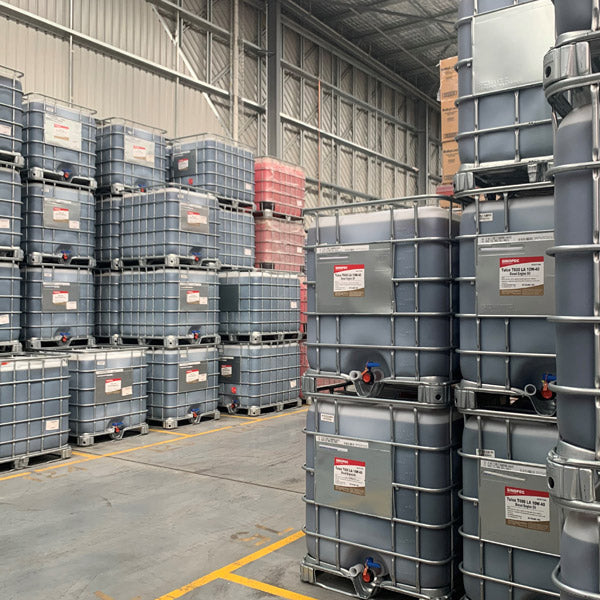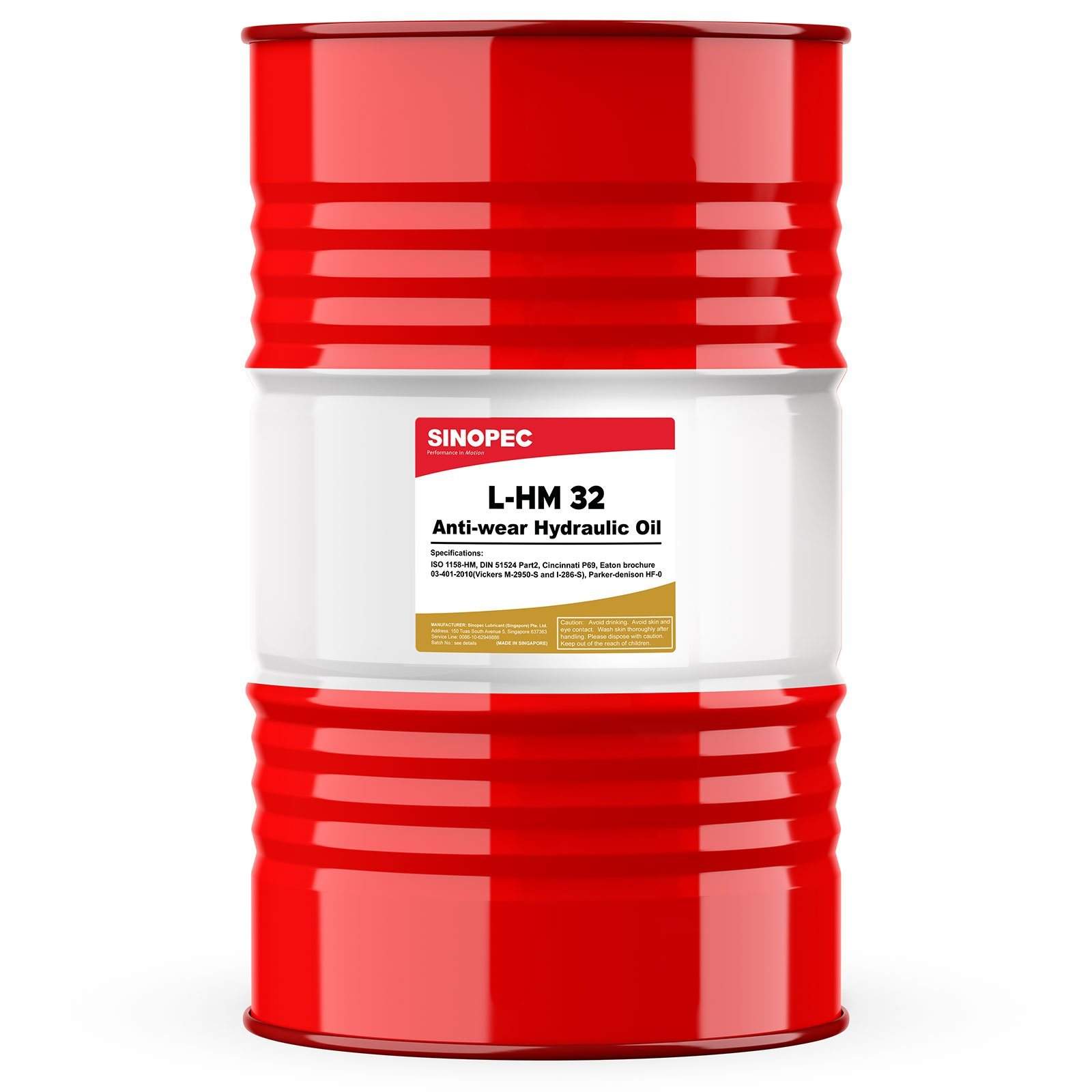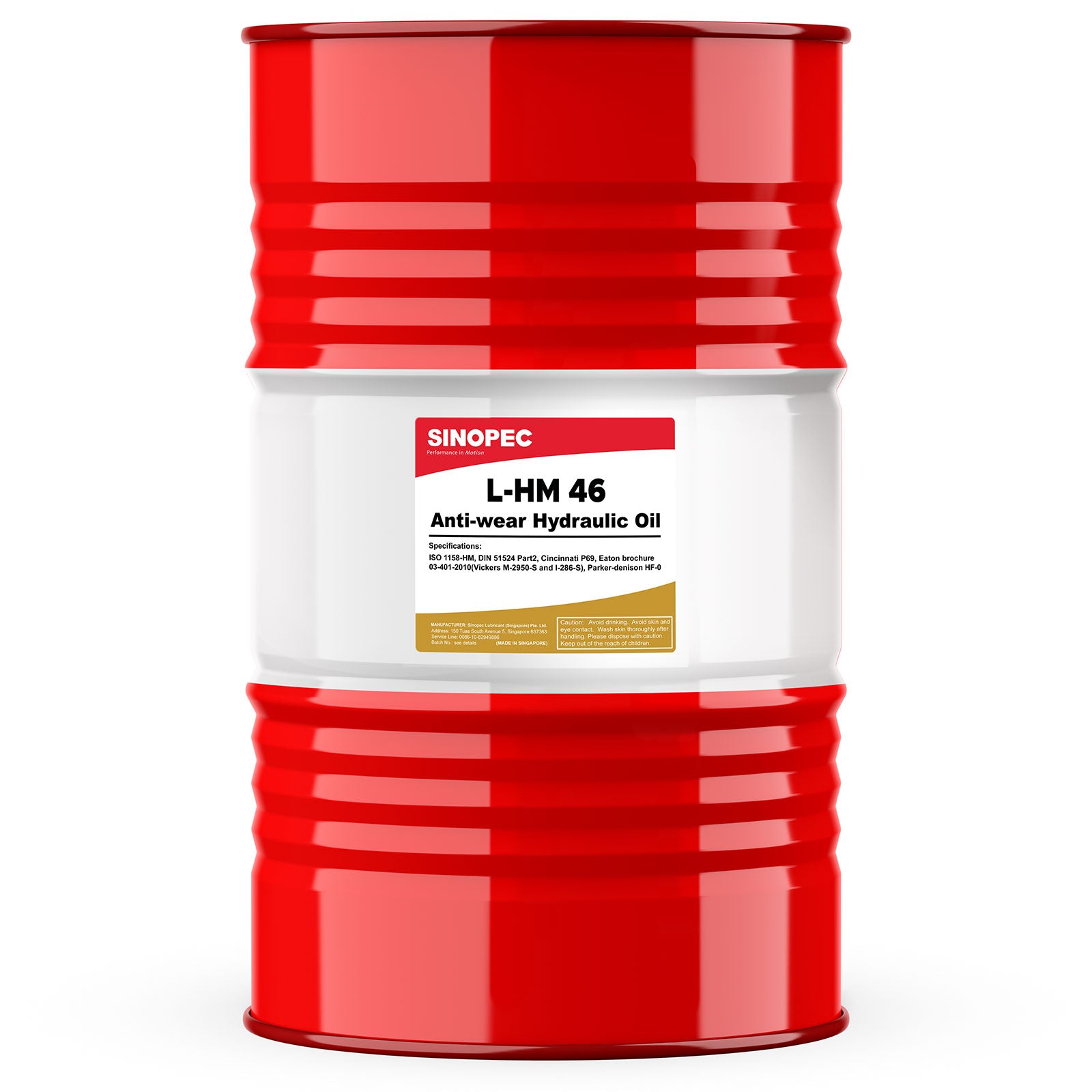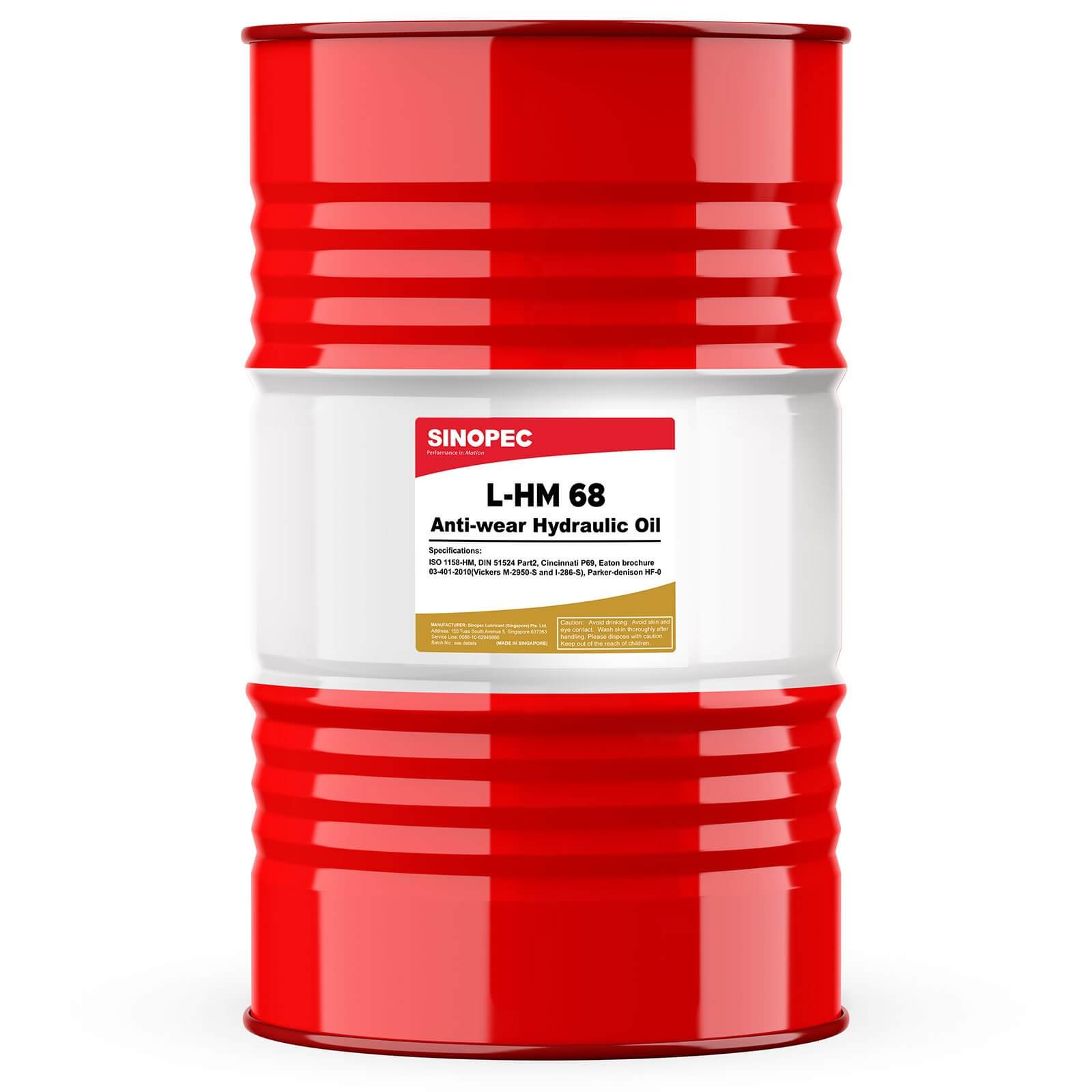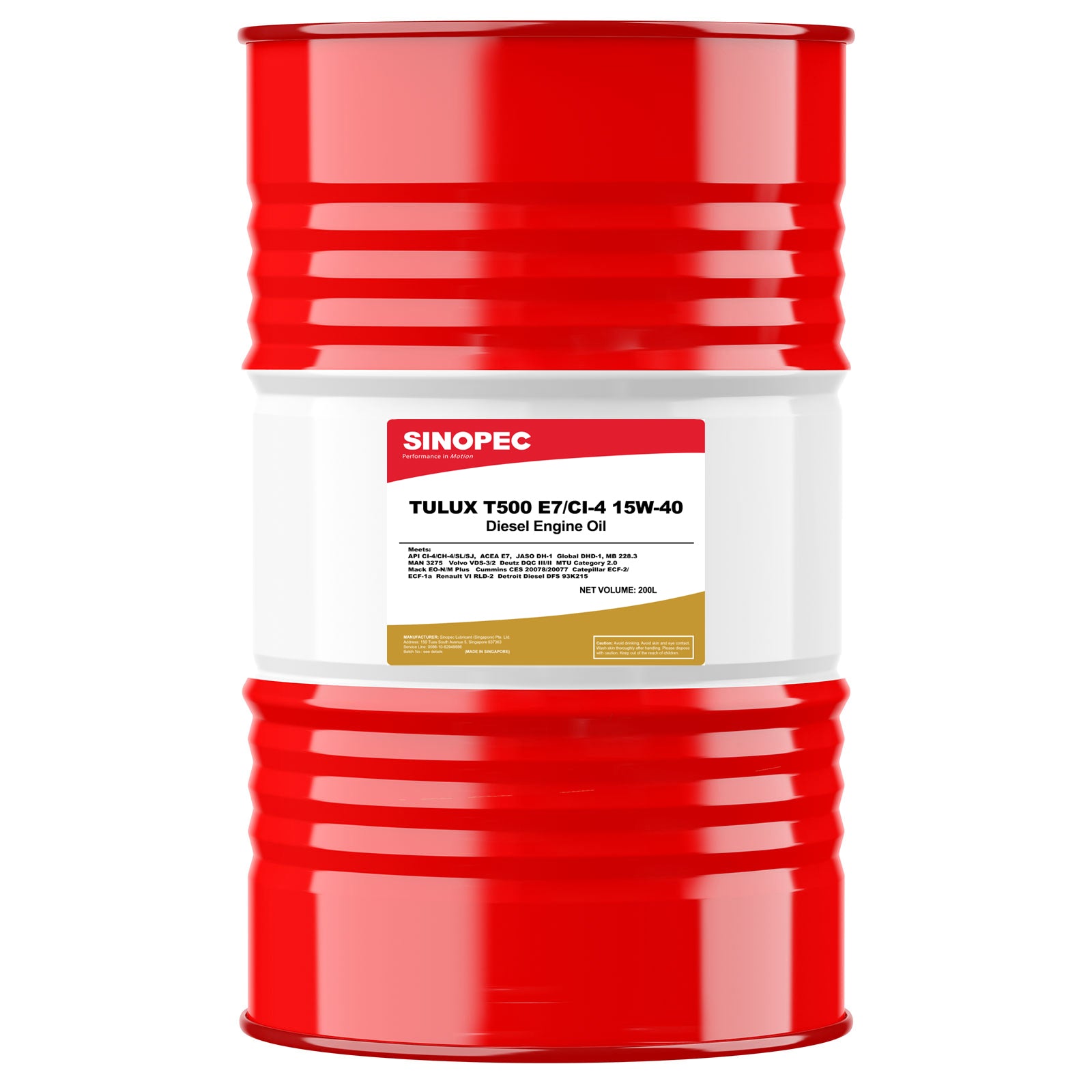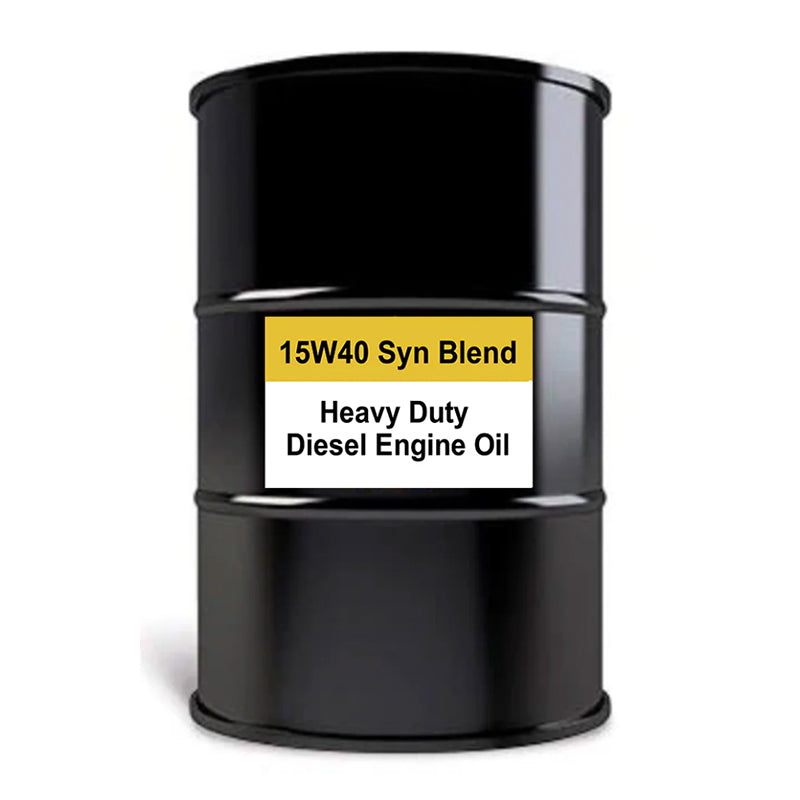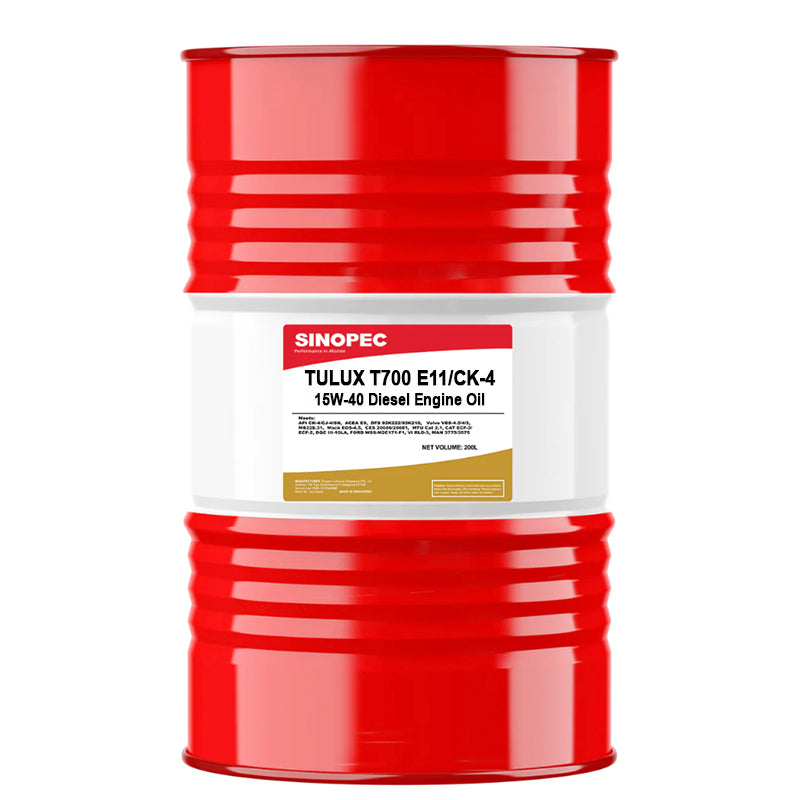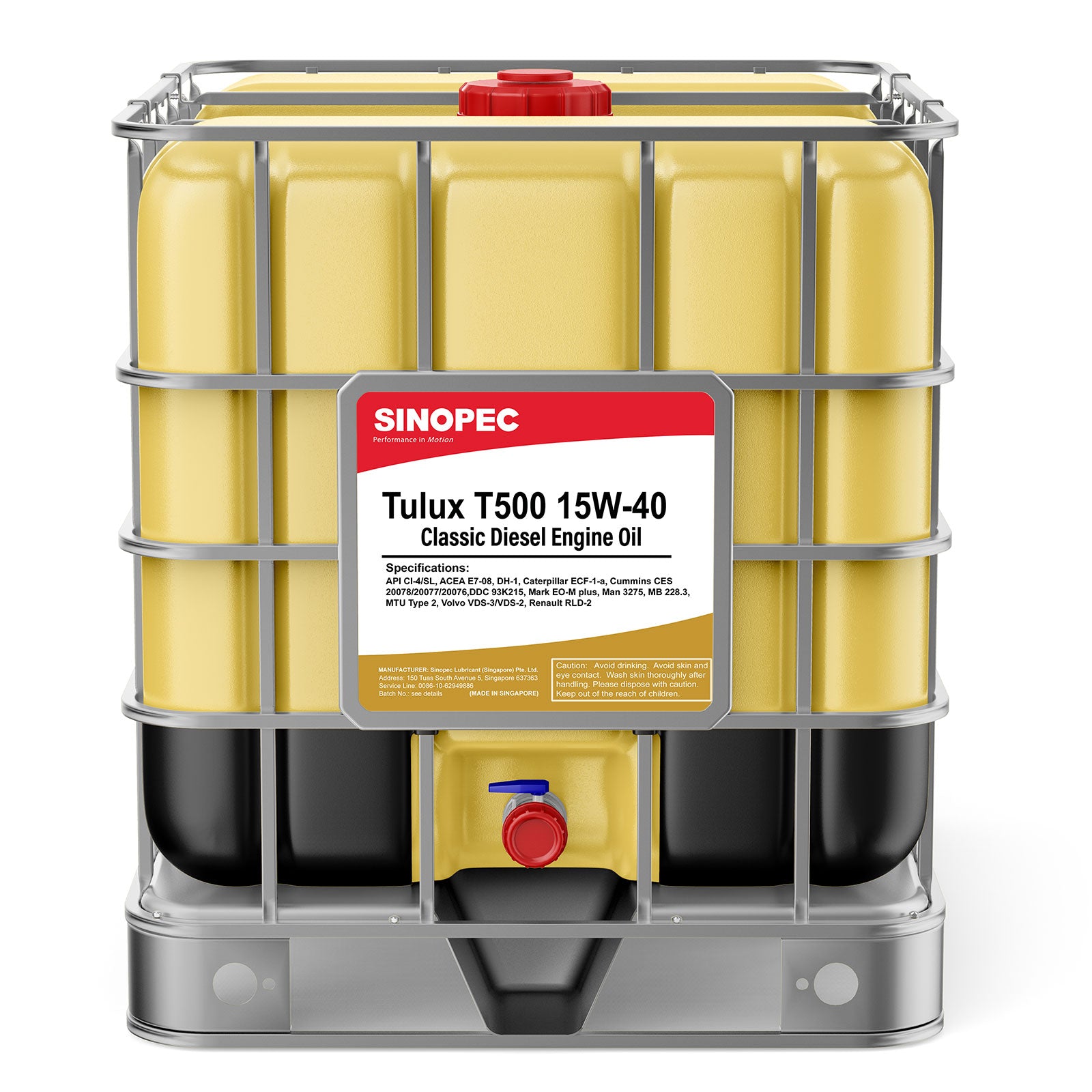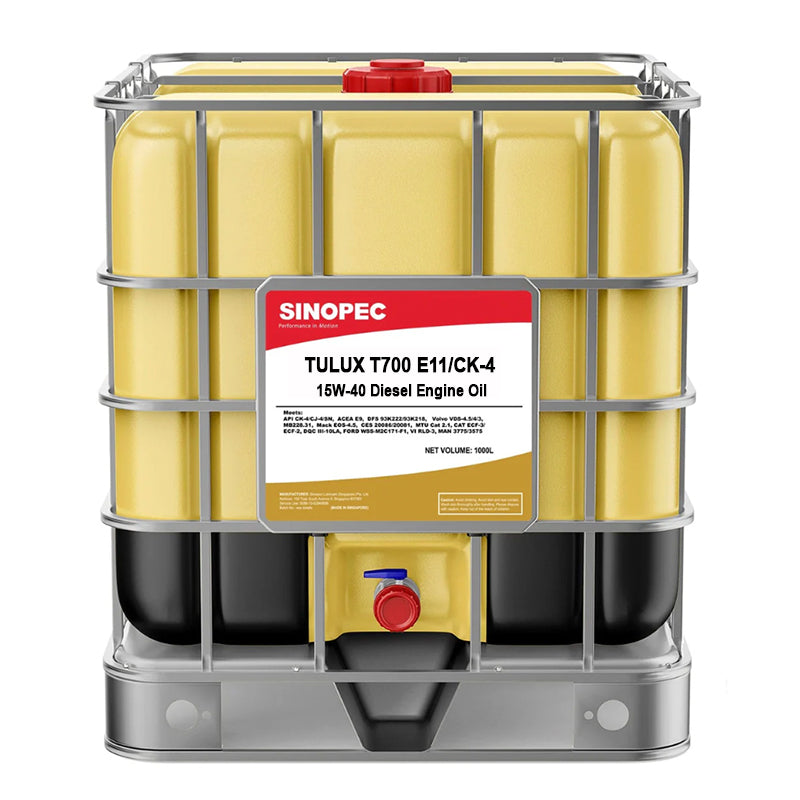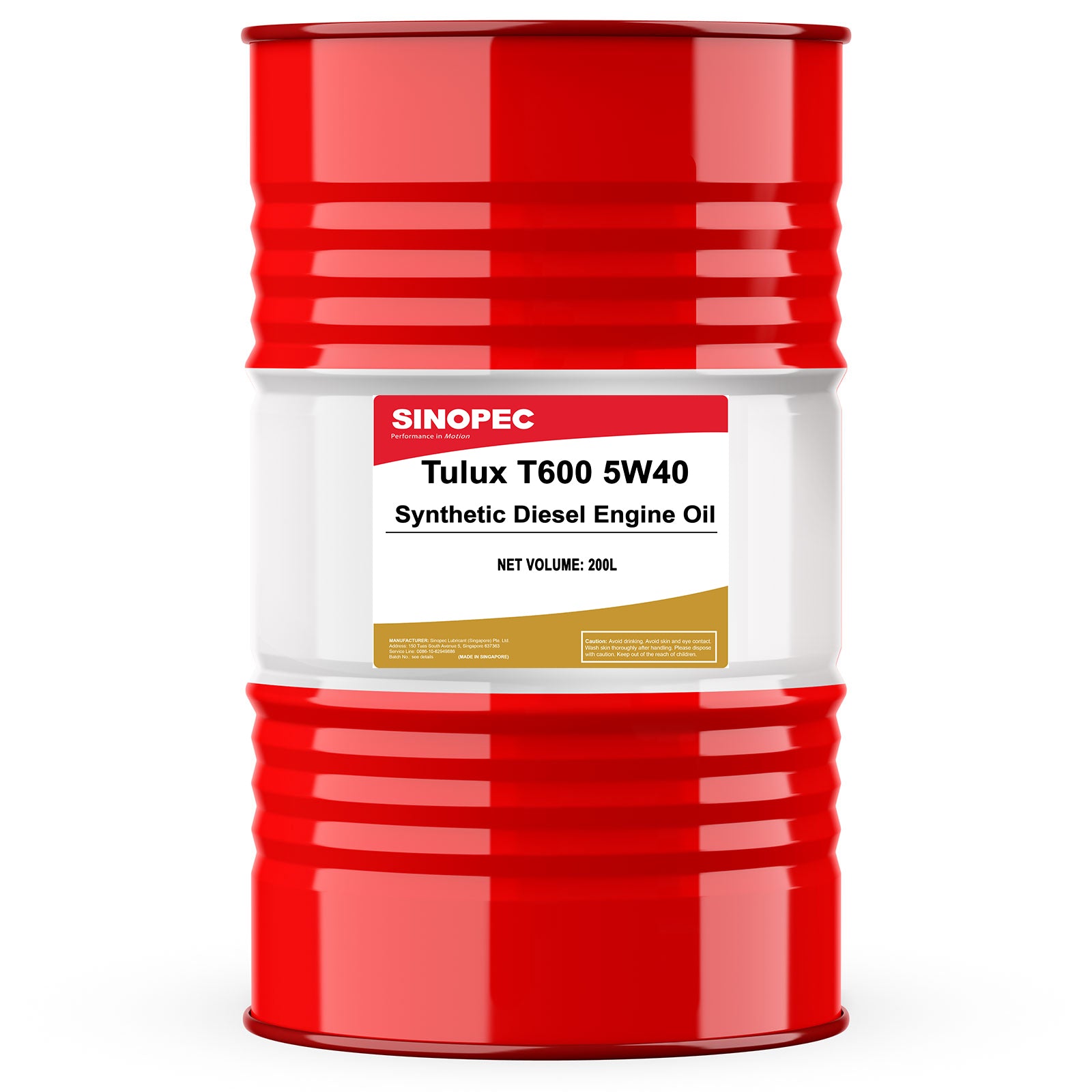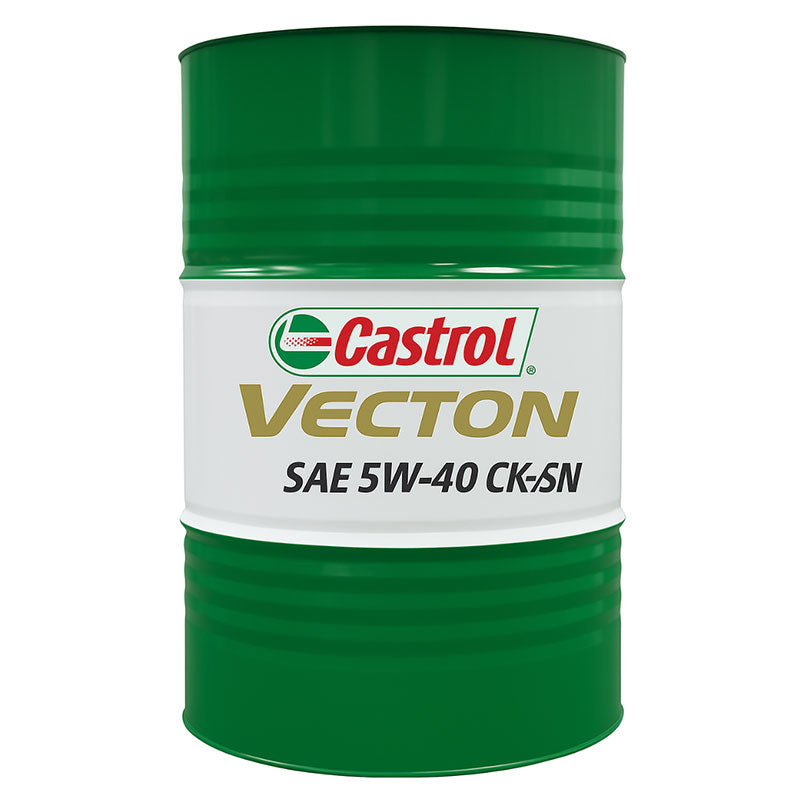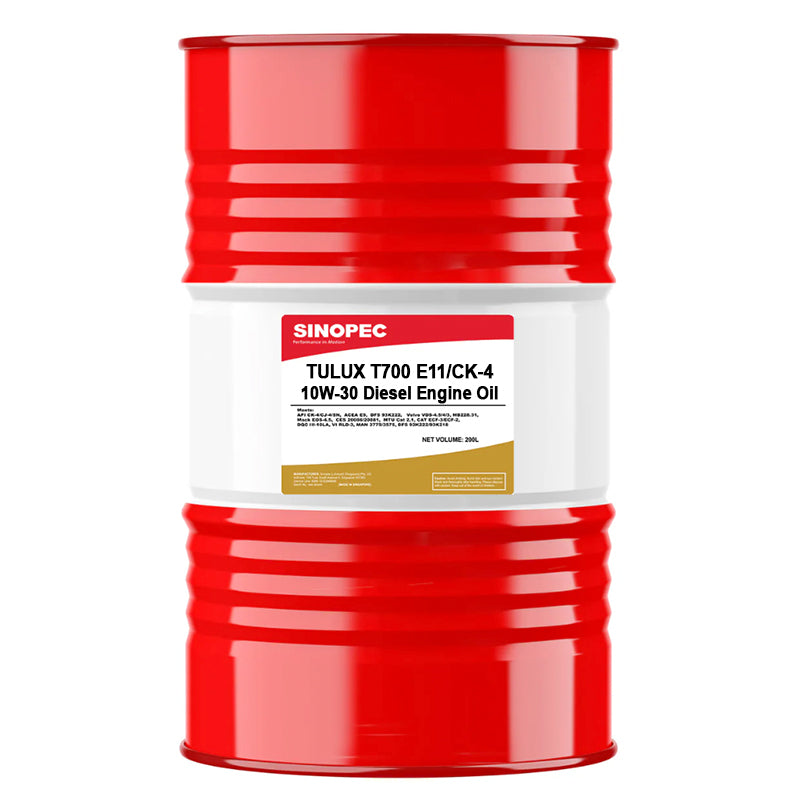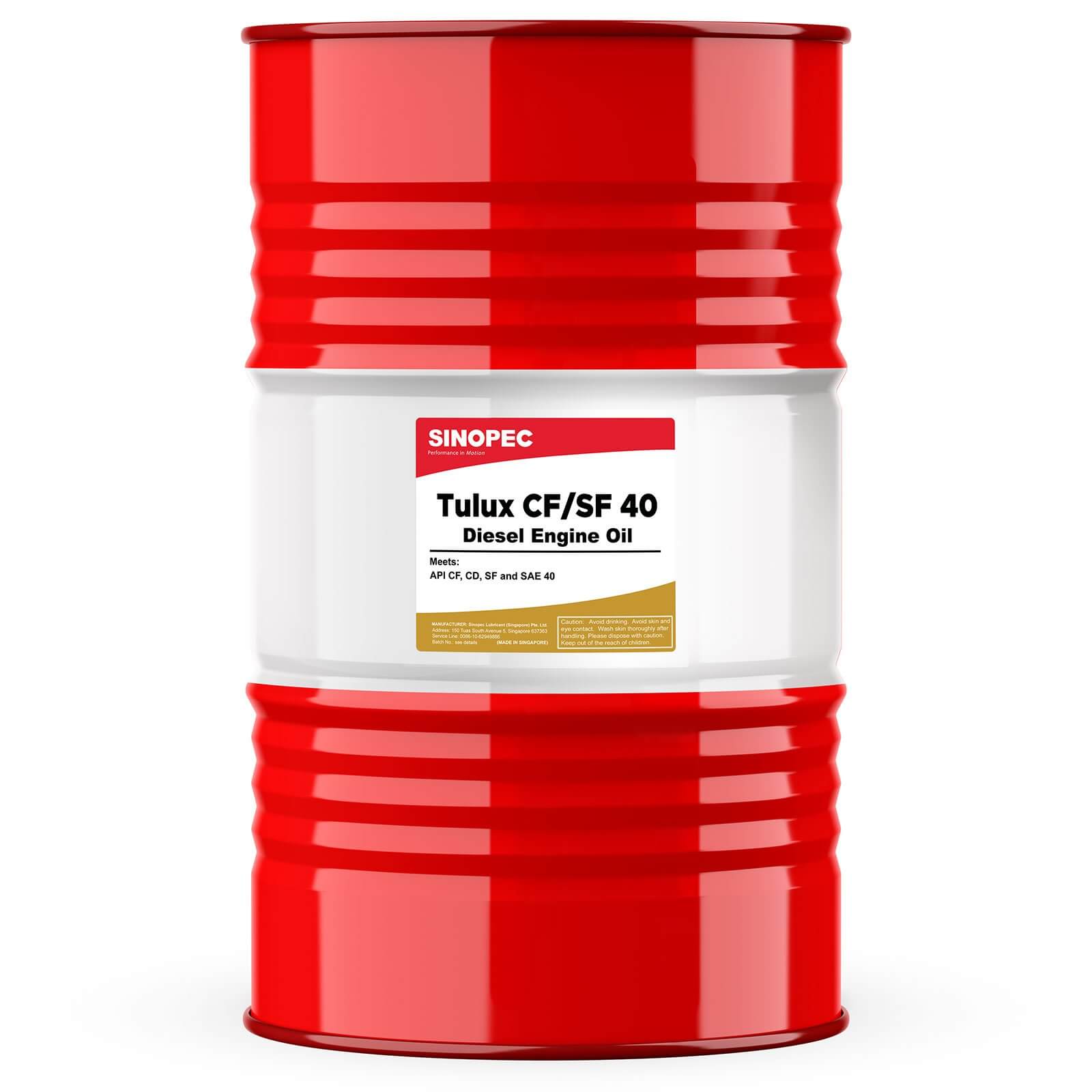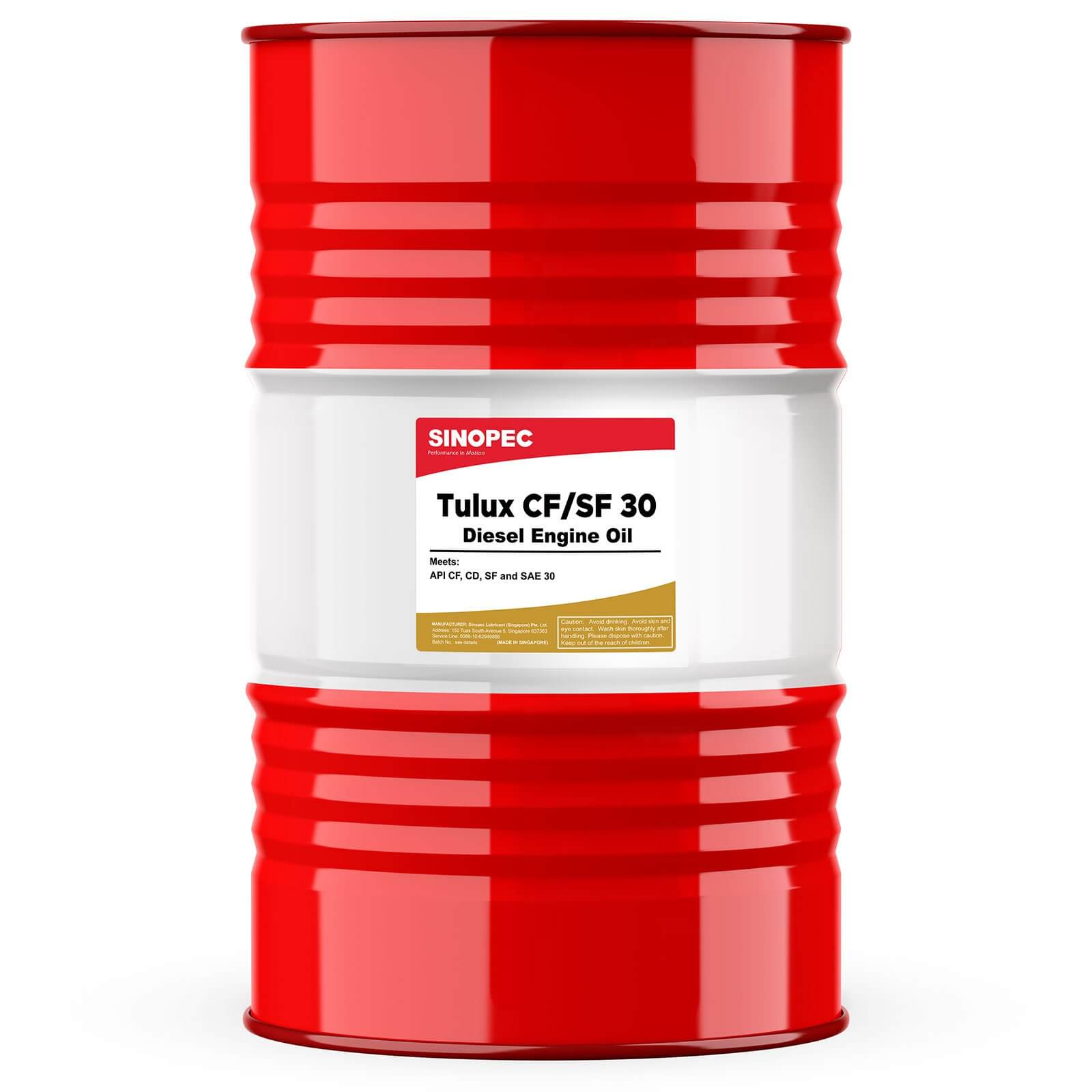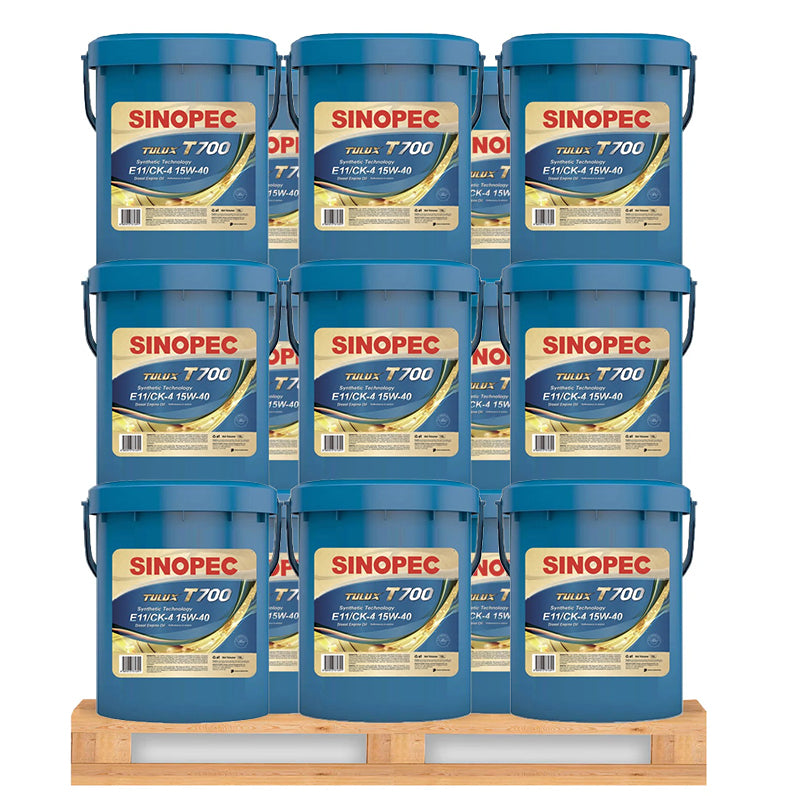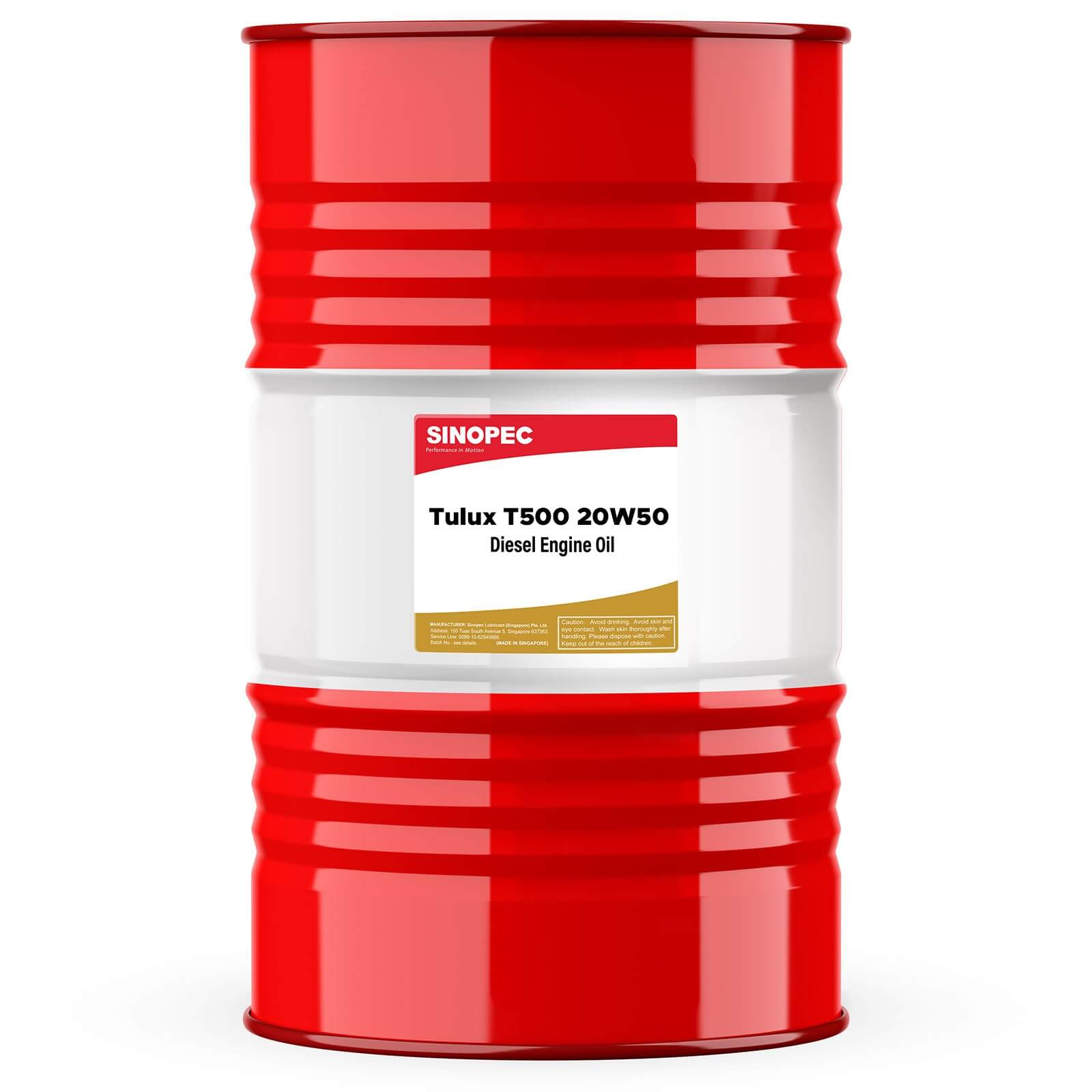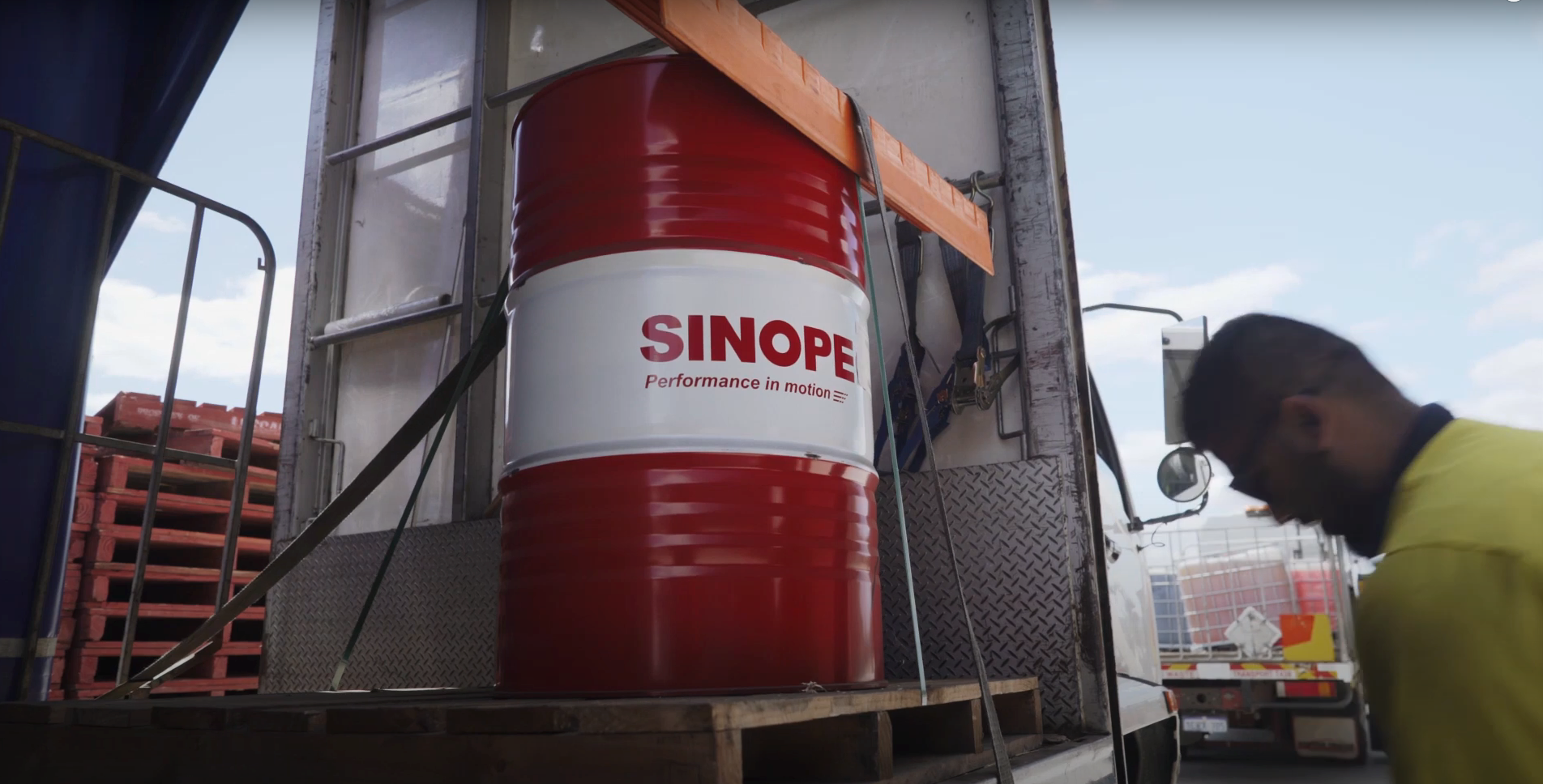HYDRAULIC OILS FOR PLASTIC INJECTION MOLDING
It can be very difficult to choose the right hydraulic oil to obtain optimum performance in a hydraulic application due to the number of fluids on the market. It becomes even more difficult when the hydraulic applications require fluids to possess numerous OEM performance specifications and features. The user will then need to understand and evaluate numerous product specification and data sheets to determine the best performing fluid for their applications.
Most premium hydraulic oils are designed to provide excellent anti-wear protection properties, high oxidation stability for long oil life, good protection against rust and corrosion, fast water separation, good foam inhibition, and low toxicity. There are other performance features that, sometimes, are not well understood, and can have an impact on the performance of the hydraulic fluid. The formulation of a high performance premium hydraulic fluid has a direct impact on whether or not it can improve the productivity and/or energy efficiency of the application. One way that premium hydraulic fluids are able to increase the efficiency is their ability to stay in the “sweet spot” of the viscosity curve in the overall hydraulic system. Other properties of the premium hydraulic fluids also contribute to this phenomenon through lower fluid friction and/or even lower boundary friction of the moving components. All of these elements together benefit the overall hydraulic system not only in its gains in efficiency, but also in wear protection, and potentially lower overall operating temperatures.
Premium hydraulic fluids are formulated for use as long-life lubricants, with a dramatically longer oxidation stability life (ASTM D943 test) than conventional hydraulic fluids. A longer oxidation stability life equates to longer service life, which may improve the customer's bottom line. This level of oxidation stability is especially applicable in high efficiency (high speed, high temperature, high output) applications where reservoirs may be smaller and severe stress is placed on the hydraulic oil.
Viscosity Sweet Spot
Even though fluid suppliers are careful to deliver only clean fluids, a filtration system should be used to transfer the fluid to the machine reservoir. The degree of filtration should be the same as the filtration system that is being used in the plastic injection machine. The high cost of equipment downtime and the cleaning and repairing costs of plastic injection molding machines have caused many organizations to place more importance on the care and handling of hydraulic fluids. The level of oil cleanliness required for the hydraulic system of the plastic injection molding machine depends primarily on the machine's precision and in-service reliability. Excessive contamination can cause improper system operation by clogging small orifices and small clearances in the hydraulic system.

